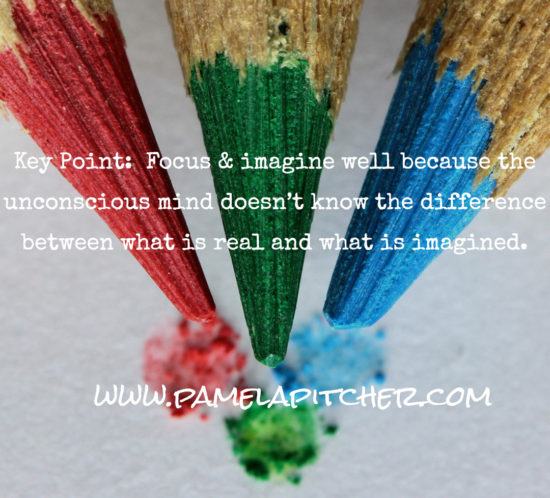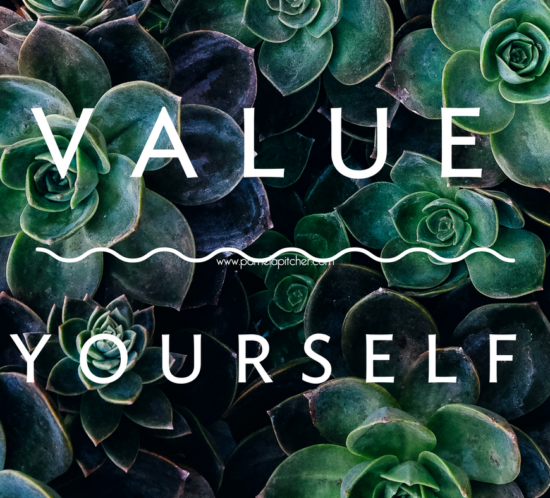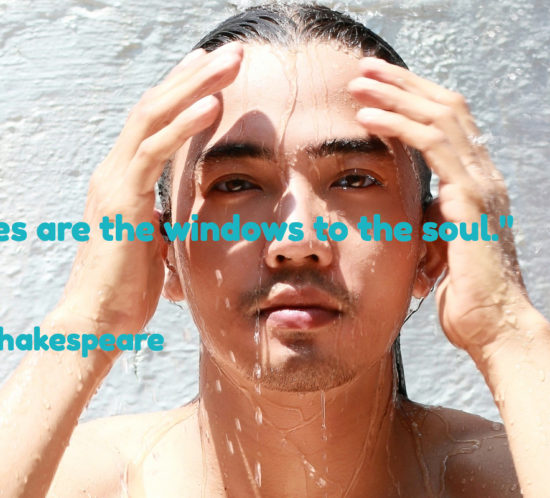Do You Want Peace & Happiness?
They say gratitude is the best attitude. If you’re not feeling happy or positive, sometimes it can be difficult to feel grateful yet gratitude is the way out of a funk. It’s helpful to understand the neuroscience behind it.
According to UCLA’s Mindfulness Awareness Research Centre, regularly expressing gratitude literally changes the molecular structure of the brain, keeps the grey matter functioning and makes us healthier and happier. When you feel happiness, the central nervous system is affected. You are more peaceful, less reactive, and less resistant. And gratitude is the most effective practice for stimulating feelings of happiness.
Thich Nhat Hanh is a global spiritual leader, Vietnamese Buddhist monk, poet and peace activist who has a Mindfulness Practice Centre in France called Plum Village. Some of his wisdom:
“It is possible to live happily in the here and now. So many conditions of happiness are available – more than enough for you to be happy right now. You don’t have to run into the future to get more.”






